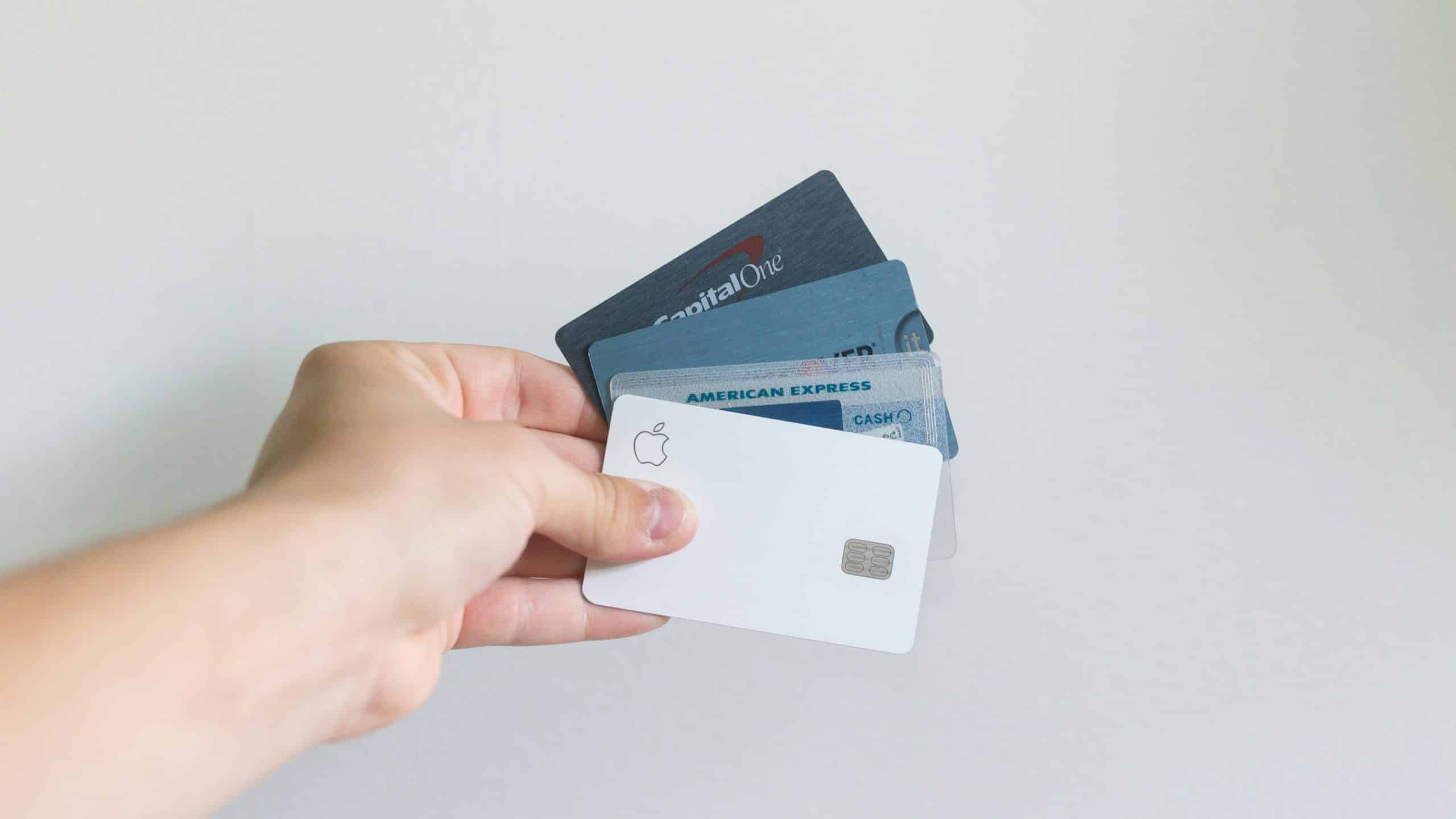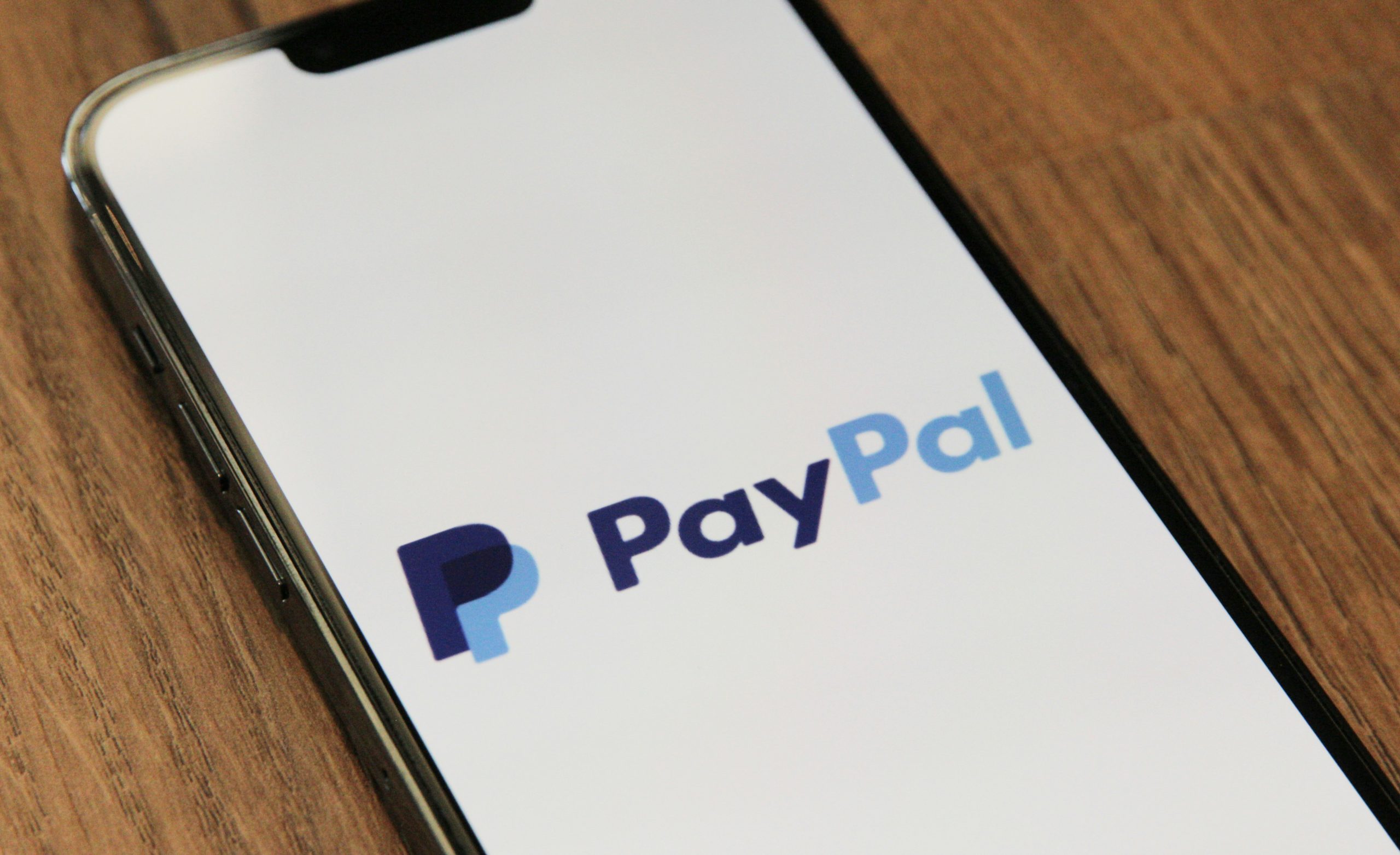Do You Have to Give Up All Credit Cards in Bankruptcies?

Declaring bankruptcy can change your financial life, especially with credit cards. When you file for bankruptcy, you try to get rid of debts, like credit card balances. Many ask if you must give up all credit cards during bankruptcy.
It’s important to know what happens to your credit cards when you file. Creditors often cancel your cards after you file, even if you owe nothing. This guide will help you understand what happens to your credit cards and how to manage your finances after bankruptcy.
Key Takeaways
- Debt cancellation in bankruptcy includes unpaid credit card balances.
- Most credit card accounts are canceled after filing bankruptcy.
- All creditors, including zero-balance credit cards, must be listed in the bankruptcy.
- Chapter 7 bankruptcies typically last ten years on your credit report.
- Secured credit cards can help rebuild your credit post-bankruptcy.
Understanding Bankruptcy and Its Impact on Credit Cards
When facing financial challenges, understanding bankruptcy can be essential. The two primary types—Chapter 7 and Chapter 13—each have distinct rules and different impacts on your credit cards and overall financial situation. Knowing the specifics of each can help you navigate debt relief options more effectively.
The Different Types of Bankruptcy
Chapter 7 bankruptcy involves liquidation of certain assets to pay off debts, including those from most credit cards. In 2024, there has been a total of 8,175 Chapter 7 bankruptcy filings in the U.S. It allows you to discharge these debts, providing relief from the obligation to repay them.
On the other hand, Chapter 13 bankruptcy lets you keep your assets. You make payments for three to five years. Then, any left-over debts, like credit card debt, might be forgiven. So far this year, there have been 4,174 Chapter 13 bankruptcy filings in the U.S.
What Happens to Credit Cards During Bankruptcy?
When you file for bankruptcy, you must list all your creditors, including credit card companies. You can’t pick and choose what debts to include. The court is told you filed, and most credit card companies will cancel your card. Even if you owe nothing, they might still close your account.
Discharging credit card debt doesn’t mean you’ll keep your cards. Credit card agreements often let issuers close your account if you file for bankruptcy. Bankruptcy can stop creditor calls and legal actions against you.
Knowing about bankruptcy law helps you deal with credit card debt better. You might face account closures, but some people get new credit card offers soon after filing. Secured credit cards can help rebuild your credit after bankruptcy.
Do You Have to Give Up All Credit Cards in Bankruptcies?
Filing for bankruptcy can raise many questions about your assets, especially your credit cards. It’s important to know what happens when you list your credit cards in your bankruptcy petition. You must list all credit cards, even if you don’t owe money on them. Not doing so can lead to serious problems, like being accused of bankruptcy fraud.
Implications of Listing Credit Cards in Bankruptcy
When you declare bankruptcy, you must list all your credit cards. This helps your creditors and the bankruptcy trustee understand your financial situation. It ensures that all creditors are treated fairly.
Usually, credit card companies close your accounts after you file, no matter the balance. They do this to follow the law and avoid penalties. Even if you keep up with payments, they often close the accounts to comply with legal requirements.
Can You Keep Any Credit Cards After Filing?
Many people wonder if they can keep any credit cards after filing for bankruptcy. Generally, it’s unlikely to keep your credit cards. If you have no outstanding balance and the issuer isn’t told about your bankruptcy, you might be able to keep it. But, many credit card companies have rules against keeping accounts open after bankruptcy.
Creditors often check for bankruptcy filings and close accounts soon after. While it’s rare, there might be cases where you can keep a credit card. But these situations are not common.
Exploring Borrowing Options
Before proceeding with a bankruptcy filing, which often necessitates giving up your credit cards, it might be worthwhile to explore if borrowing could offer a less drastic financial resolution. Understanding how to effectively borrow money could provide the funds needed to pay off debts selectively or manage payments that can’t be discharged via bankruptcy.
For example, obtaining a loan against equipment you own or tapping into your home equity might consolidate debts under more favorable terms, thereby retaining some liquidity during the bankruptcy process.
Borrowing from Structured Settlements or Retirement Accounts
It’s also beneficial to consider unique sources of borrowing that might be overlooked. For instance, if you’re receiving structured settlement payments, borrowing from your settlement could provide an immediate influx of cash.
Similarly, if other avenues seem risky or unviable, you might contemplate borrowing from your 401(k), though this should be approached with caution due to the potential impact on your retirement savings.
Consulting Financial Experts
While borrowing can provide a temporary relief or a strategic tool to manage certain debts, it’s crucial to consult with a financial advisor or a bankruptcy attorney to fully understand how this affects your overall financial strategy in the context of bankruptcy.
This tailored advice can ensure that any borrowing aligns with long-term recovery plans and the legal framework of your bankruptcy filing.
Rebuilding Your Credit After Bankruptcy
Bankruptcy can feel overwhelming, but it’s a chance to rebuild your credit. Many wonder about getting a new credit card after bankruptcy. Credit card companies often offer cards soon after bankruptcy, helping you start rebuilding.
Getting a New Credit Card Post-Bankruptcy
Bankruptcy can hurt your credit score, dropping it by up to 200 points. Lenders might see you as a high-risk borrower. Yet, many get new credit card offers within a year. These cards usually have high interest rates and low limits, but they’re good for rebuilding credit.
- Focus on making timely payments. Payment history is 35% of your FICO score.
- Aim to keep credit card balances low, ideally below 10% of your credit limit.
- Consider using multiple credit offers to build a history of responsible usage.
Using Secured Credit Cards
Secured credit cards are great for rebuilding credit after bankruptcy. You deposit cash, which becomes your credit limit. This setup is safer for the credit card company and lets you start building a new credit history. To use a secured card wisely:
- Make small purchases within your limit.
- Pay your balance in full and on time each month.
- Monitor your credit utilization to maintain a favorable credit profile.
Showing responsible management of a secured card helps you move to unsecured cards with better terms. Building good credit habits is key for your financial health, especially after bankruptcy.
Using these strategies can help you rebuild your credit after bankruptcy. It’s a step towards a more stable financial future.
Conclusion
Knowing how bankruptcy affects your credit cards is key to getting back on track. In a Chapter 7 bankruptcy, most credit card debt can be wiped out. But, keeping any credit cards you have is hard because creditors might question the discharge if they think it’s not right.
After bankruptcy, taking action can really help your finances. Secured credit cards are a great way to start rebuilding your credit. By paying on time and using credit wisely, you can slowly raise your credit score. This opens up better financial choices for you in the future.
To rebuild your finances after bankruptcy, getting legal advice is a good idea. It helps you know your rights and options. With a smart plan and careful credit use, you can work towards financial stability and meet your credit recovery goals.
FAQ
Do you have to give up all credit cards when you declare bankruptcy?
Yes, usually. Most credit card companies will close your accounts, even if you owe nothing, after they learn about your bankruptcy.
What happens to credit cards during a bankruptcy case?
You must tell the bankruptcy court about all your credit cards. After you file, the companies will likely cancel these accounts.
What are the implications of listing credit cards in bankruptcy?
You must list all your open credit card accounts in your bankruptcy paperwork. Not doing so can be seen as fraud.
Can you keep any credit cards after filing for bankruptcy?
Rarely, yes. If a card has no balance and the company doesn’t know about your bankruptcy, you might keep it. But this doesn’t happen often.
How can I rebuild my credit after bankruptcy?
Start by getting a new credit card or a secured one. A secured card needs a cash deposit as collateral.
Will I receive credit card offers after filing for bankruptcy?
Yes, many people get credit card offers within a year of filing. These offers usually have higher interest rates and lower limits.
What are secured credit cards and how can they help?
Secured credit cards let you use a cash deposit as your credit limit. They’re a good way to rebuild your credit after bankruptcy.
How long after bankruptcy can I apply for a new credit card?
You might start getting credit card offers within a year after filing. So, it’s possible to get a new card fairly soon.






